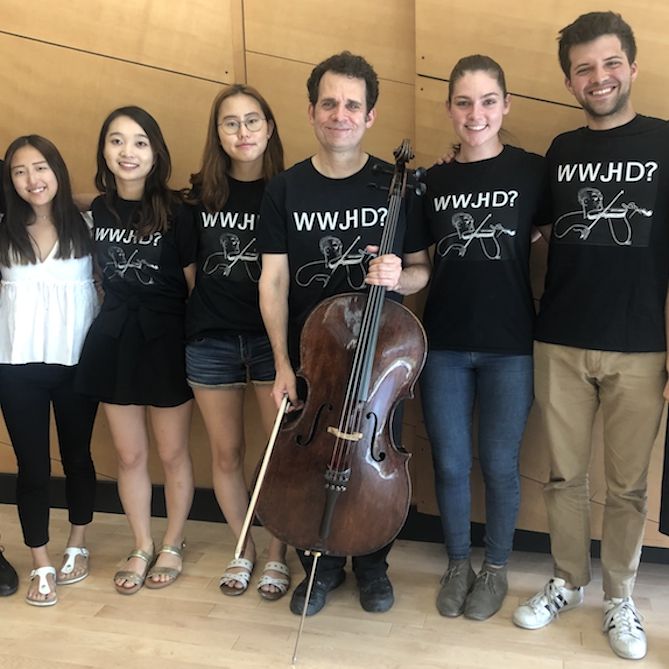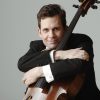
Not Enough
Brinton Smith
The long drive from Aspen gave me a chance to refine a bit what I said to my students there to end our last class:
I have been almost as lucky as you can be in this business. I’ve had countless disappointments of course- some deserved, some not. That is the nature of the business. But I have a good job, a happy reputation, a balance between solo, chamber, orchestral playing and teaching, the good fortune to be friends and colleagues with some of the musicians I admire most in the world, and the respect of some of the peers that I care the most about. I’ve had the chance to travel, play concerts, enjoy the camaraderie and live some of the enviable life. I haven’t had everything, but I’ve had as much as I could dare ask for a life in music. I have been very lucky, and you will be very fortunate if you are as lucky as I have been.
And I’m telling you that even if you get all that – even if you get all that and more… it isn’t enough. It will ultimately feel hollow. In the end, concerts are just concerts, victories are fleeting, fame is shallow, and easy praise dulls the senses. Dark moments will come, and your life in music, no matter how successful, will be empty unless it is about something greater than your career. You must protect your belief that the music is part of something greater than yourself- greater than any of us. You have to keep studying and improving and trying understand more deeply. Believe in yourself, but believe also that you can do better- not just in a technical sense, but more beauty, more insight, more heartbreak- more music. As Mr. Heifetz said “There is no top. There are always further heights to reach.” We have never before had so many musicians of amazing proficiency, and yet it is rare to hear someone make truly beautiful music.
Subjects: Artistic Vision
